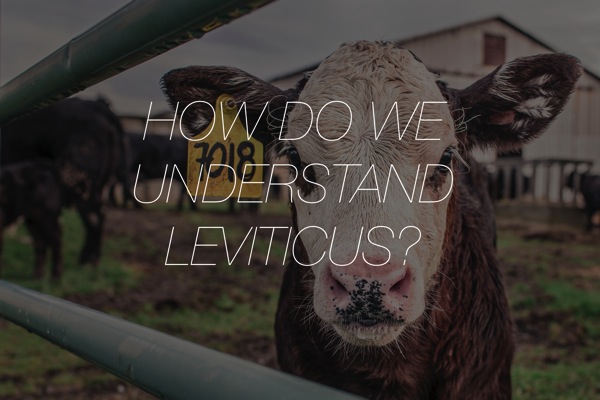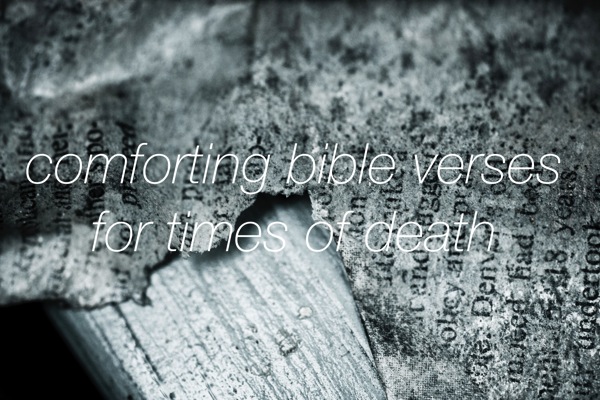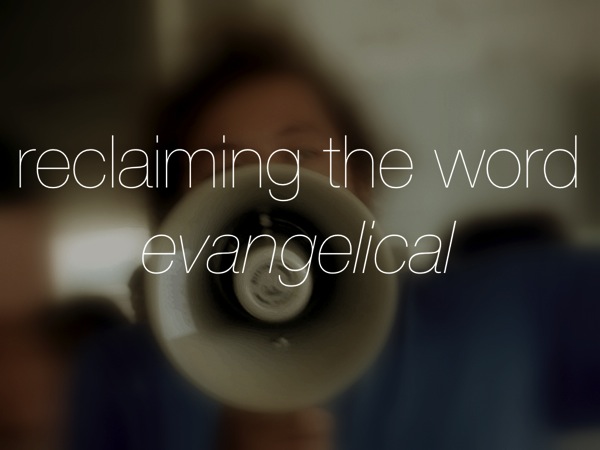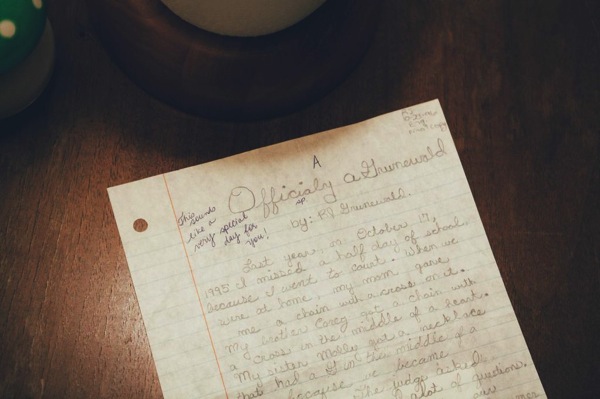 Our family often goes on a vacation with a number of our friends to a cottage up north. One of the activities our families enjoy is taking the ridiculous number of kids we have and piling them onto a pontoon boat.
Our family often goes on a vacation with a number of our friends to a cottage up north. One of the activities our families enjoy is taking the ridiculous number of kids we have and piling them onto a pontoon boat.
And then we hang out on the water.
A couple of times this ended up with our families beaching the boat at a sand bar so we could let the kids out and play. And inevitably, because the boat was beached and not anchored, one of us would look over at the boat and see the boat was beginning to drift away.
We always caught the boat thankfully. But what is fascinating is that the people on the boat never realized it. They were eating, hanging out, and relaxing and drifting away from shore without every noticing.
This is how drifting works though. It’s subtle. It happens slowly and it’s not until somebody points it out that you even realize it is happening. This happens on beaches all the time; you are hanging out in the water and swimming when all of the sudden you look up and realize you’ve drifted down shore without even noticing it.
The Drift Away from the Garden
In Genesis 3:24, there’s an interest observation that has significant implications for us as Christians.
“After he drove the man out, he placed on the east side of the Garden of Eden a cherubim and a flaming sword flashing back and forth to guard the way to the tree of life.”
East of the Garden.
After Adam and Eve sin, they are moved eastward. Out of the Garden and away from God.
And then in Genesis 4, we read about a story of two brothers. A story of a brutal murder. And then at the end of this story, the writer makes a simple note about the murderer-brother.
“Then Cain went away from the presence of the Lord and settled in the land of Nod, east of Eden.”
There’s a drift that is taking place. And Cain not only drifts eastward, but he settles there. He puts down roots and builds a city; he makes his home in the east. There’s this feeling in the first four chapters of Genesis and throughout the entire history of the Israelites that they are going the wrong way.
[tentblogger-youtube _akwHYMdbsM]
We are all east of Eden. We all drift eastward.
“So we must listen very carefully to the truth we have heard, or we may drift away from it. For the message God delivered through angels has always stood firm, and every violation of the law and every act of disobedience was punished. So what makes us think we can escape if we ignore this great salvation that was first announced by the Lord Jesus himself and then delivered to us by those who heard him speak?” - Hebrews 2:1-3 (NLT)
This is the tendency of the human heart, there is a slow drift away from the truth we have heard.
We see it in Adam and Eve, we see it in Cain, we see it in the Judges, and in a man like David. All of us are blown about by the wind and the waves of this world and are pulled by the currents of our own hearts.
And Hebrews makes clear what it is that we drift away from when he says, “We ignore this great salvation that was first announced by the Lord Jesus himself.” We drift away from the promise that Jesus proclaims to us. We move eastward and begin building cities for ourselves instead of building our lives on the finished work of Jesus.
And our eastward drift is only stopped by the promise of the cross.
The cross jumps into the middle of this mess with a message that brings us back home. The Good News comes to us as we’ve gone eastward and re-orients us. It curves our me-centered hearts outward. It declares to us our sins are forgiven and jolts us out of the drift and makes sure we cannot “ignore this great salvation.” Jesus jumps into the storm and despite the currents of our own hearts, he changes the course and brings us back home.

 While most of us have grown up with the rhyme, “Sticks and stones may break our bones, but words will never hurt me,” we know that words have far more power than that simple childhood rhyme led us to believe.
While most of us have grown up with the rhyme, “Sticks and stones may break our bones, but words will never hurt me,” we know that words have far more power than that simple childhood rhyme led us to believe. Why do Christians pick and choose which laws to follow in Leviticus? How can someone wholeheartedly affirm one passage that says declares one sin an abomination and then flat out ignore another that forbids eating shellfish.
Why do Christians pick and choose which laws to follow in Leviticus? How can someone wholeheartedly affirm one passage that says declares one sin an abomination and then flat out ignore another that forbids eating shellfish. If you are anything like me, tragedy causes you to question everything you say to the people you care about. You question whether or not to say anything at all. In order to help myself in these situations, I’ve decided to think about it ahead of time and write down some bible verses that are helpful for a variety of difficult situations in which I want to
If you are anything like me, tragedy causes you to question everything you say to the people you care about. You question whether or not to say anything at all. In order to help myself in these situations, I’ve decided to think about it ahead of time and write down some bible verses that are helpful for a variety of difficult situations in which I want to  Imagine the disciples if they were encountered with a discussion of “worship styles.” I can only imagine their reaction to somebody suggesting they prefer contemporary worship or traditional worship as being, “Huh?” Or consider their confusion when worship is a genre of music and not what one does with all of their life.
Imagine the disciples if they were encountered with a discussion of “worship styles.” I can only imagine their reaction to somebody suggesting they prefer contemporary worship or traditional worship as being, “Huh?” Or consider their confusion when worship is a genre of music and not what one does with all of their life. The word
The word  In third grade I wrote a paper entitled, “Officially a Grunewald.” And in the way that only a third grader could write, it recorded the events of a very important day in my life:
In third grade I wrote a paper entitled, “Officially a Grunewald.” And in the way that only a third grader could write, it recorded the events of a very important day in my life:
 “Doesn’t she look great?”
“Doesn’t she look great?” Most of us don’t need to be convinced that we should pray. Even the people who don’t believe in God, when faced with the worst of situations, often finds themselves in prayer to a god they don’t believe in. The way we approach God matters There are postures that we can take when we approach God that are appropriate in our relationship with Him. And there are other postures that seek to make God more like a divine Genie or pair of
Most of us don’t need to be convinced that we should pray. Even the people who don’t believe in God, when faced with the worst of situations, often finds themselves in prayer to a god they don’t believe in. The way we approach God matters There are postures that we can take when we approach God that are appropriate in our relationship with Him. And there are other postures that seek to make God more like a divine Genie or pair of  For All. For you.
For All. For you. In the daily living of life, sometimes it is difficult to see
In the daily living of life, sometimes it is difficult to see  The doctrine of vocation is one of my favorite doctrines and one that I would suggest is often overlooked when it comes to significant theological concepts. While justification was certainly the central rallying point of the reformation, the doctrine of vocation was one that came with it. While justification referred to the vertical relationship between man and God, vocation referred to man’s relationship with the world around him.
The doctrine of vocation is one of my favorite doctrines and one that I would suggest is often overlooked when it comes to significant theological concepts. While justification was certainly the central rallying point of the reformation, the doctrine of vocation was one that came with it. While justification referred to the vertical relationship between man and God, vocation referred to man’s relationship with the world around him.
 “Preach the Gospel; use words if necessary.” -
“Preach the Gospel; use words if necessary.” - 